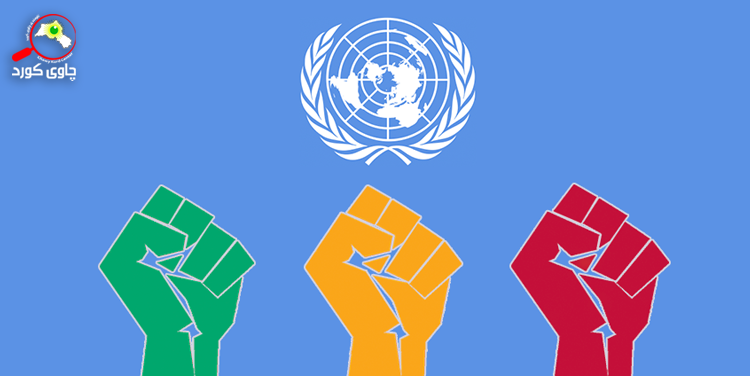We live in an age of human rights; the language of human rights is everywhere, a language used to express the most basic demands of justice. Some are long-standing demands, such as banning torture and slavery, while others are more recent, such as internet advocacy and gay marriage. But what are human rights and where do they come from?
Since the twelfth century, philosophers have debated the nature of human rights, usually under the name of “natural rights”. These natural rights should have been for everyone and should have been discovered with the help of our natural reason, as opposed to rights created by law or existing by divine revelation. Yet wherever there have been philosophers, there have been conflicts. Belief in human rights opens the door to how we can use these rights as a basis for defense, for example, do they defend human needs in general or are they just a basis for freedom of choice and expression? And there has been disagreement over all the areas that human rights cover, whether it should include social and economic rights, such as the right to health and work, in addition to the conflict over civil and political rights, such as the right to a fair trial and political participation. Nowadays, however, many argue that we should put aside philosophical disagreements about the nature and origin of human rights. In the 21st century, human rights no longer remain in obscure philosophical notions, but have been relegated to the black text of law. Currently, human rights are the rights enshrined in the Universal Declaration of Human Rights (1948) and various domestic and international laws.
It is true that since the middle of the last century a complex structure of human rights law has emerged at the international, domestic and regional levels. That has had a lot of different effects. For many practical reasons, we may be able to resort to these rules when we talk about human rights. Yet this legal approach is still not satisfactory. To get to the heart of our discussion; the law does not compel everyone who we believe should observe human rights. For example, some states have not ratified human rights treaties, or have ratified them in a special way, which generally does not have much right to be held accountable. A country like Saudi Arabia can win a seat on the UN Human Rights Council, but insist on gender discrimination. For example, until a few years ago women were prevented from buying cars because they conflicted with Islamic law, so they compromised with human rights treaties He has done a funeral.
Beliefs about the unacceptability of torture or refugee rights have recently backfired. There may be progress against setbacks, without seeing any guarantees in any direction. Social expectations and deep-seated cultural assumptions are not a sufficient basis for human rights, any more than there is law. There is a distinct contradiction in defending human rights against increasing authoritarianism in the “post-truth” era, while abandoning the belief that our commitment to those rights is itself grounded in fact, and being prepared to defend them on this basis.





























































